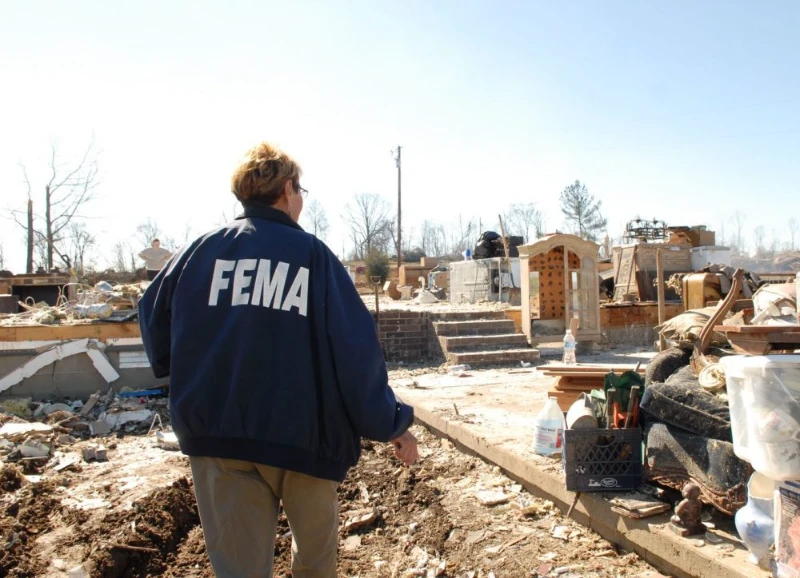$LIBRA Collapse: President Milei Faces Fraud Allegations
The dramatic fall of the Solana-based memecoin raises serious questions about accountability, insider trading, and the integrity of leadership in Argentina.
In a dramatic turn of events, the cryptocurrency world was rocked by the collapse of $LIBRA, a Solana-based memecoin initially promoted by Argentine President Javier Milei. The token's market capitalization plummeted from an impressive $4.5 billion to just $200 million within hours, leaving investors in shock and sparking widespread controversy.
President Milei had taken to social media to promote $LIBRA, claiming it was designed to "encourage economic growth by funding small businesses and startups." His endorsement on his official X account lent significant credibility to the project, drawing in numerous investors eager for potential gains. However, the excitement quickly turned into despair as the coin's value nosedived.
The immediate fallout was severe. Investors watched helplessly as their investments evaporated almost overnight. Among those affected was Dave Portnoy, founder of Barstool Sports, who had invested heavily in $LIBRA but later returned 6 million tokens after realizing he had received them as a gift without proper disclosure. "I'm not going to tweet about this f***ing launch and act like it's just 'Oh, Milei is the best'...and not mention that they gave me coins," Portnoy lamented.
Legal ramifications soon followed as Argentine lawyers filed fraud complaints against President Milei in criminal court. They accused him of being part of an illicit association aimed at committing fraud through his promotion of $LIBRA. Jonatan Baldiviezo, one of the plaintiffs, stated that "within this illicit association, the crime of fraud was committed," highlighting concerns over potential misconduct.
In cryptocurrency circles, such incidents are often referred to as a 'rug pull,' where developers abandon a project after inflating its value with investor funds. This term has been linked to Milei’s actions with $LIBRA due to its sudden collapse following his withdrawal of support.
Milei's office responded swiftly amid growing scrutiny and allegations. In an official statement, they claimed that he had no involvement in developing or managing the coin and deleted his promotional post once informed about its details: "I decided not to continue promoting it (which is why I deleted the tweet)," said Milei on X.
However, legal experts remain skeptical about these claims. Marcos Zelaya and other plaintiffs argue that even if unintentional, Milei’s actions could still constitute ethical violations under Argentina's Public Ethics Law due to his influential position.
Public sentiment has been overwhelmingly negative on social media platforms like X (formerly Twitter). Users expressed outrage over perceived manipulation and loss of trust in leadership.
“I think Milei f***ed it up...none of this makes sense,” Portnoy commented.
The allegations of insider trading have only added fuel to the fire, with many investors feeling betrayed by those they once trusted. "It's not just memecoins, the entire crypto space is rigged. Insiders win, you lose," lamented a disillusioned investor on social media. The sentiment was echoed by others who felt that the $LIBRA debacle highlighted systemic issues within the cryptocurrency market.
Dave Portnoy's experience with $LIBRA has been particularly telling. Known for his outspoken nature and influence in both sports and finance circles, Portnoy did not hold back his criticism of Milei’s involvement. "I'm not going to tweet about this f***ing launch and act like it's just, 'Oh, Milei is the best'...and not mention that they gave me coins," he stated candidly during an interview.
Political ramifications are also unfolding as opposition parties seize upon this incident to challenge President Milei's leadership. Calls for impeachment have grown louder as critics argue that his actions reflect poorly on Argentina's governance standards and ethical practices.
"This isn't just about a failed coin; it's about trust in our leaders," said one political analyst.
As experts weigh in on potential regulatory changes following this scandal, there is growing consensus that stricter oversight may be necessary to protect investors from similar incidents in the future. Some suggest that Argentina could lead by example in establishing comprehensive guidelines for cryptocurrency projects, ensuring transparency and accountability at every stage.
Despite these challenges, representatives from KIP Protocol remain steadfast in their defense against accusations of wrongdoing. Julian Peh emphasized their commitment to seeing Project Libertad through while denying any insider trading activities occurred under their watch.
"The funds are still on chain and not a single SOL will be moved," Peh asserted confidently.
